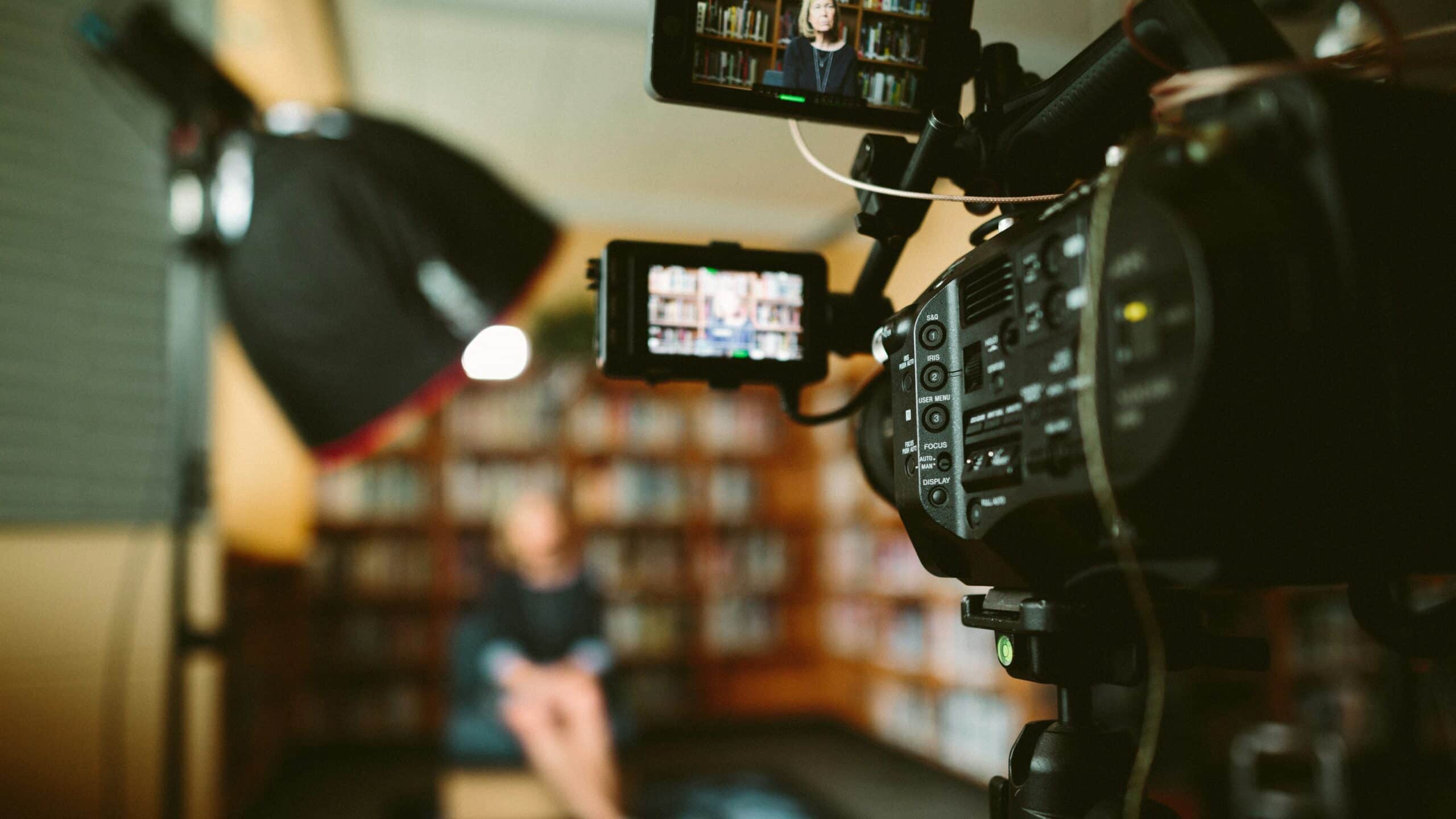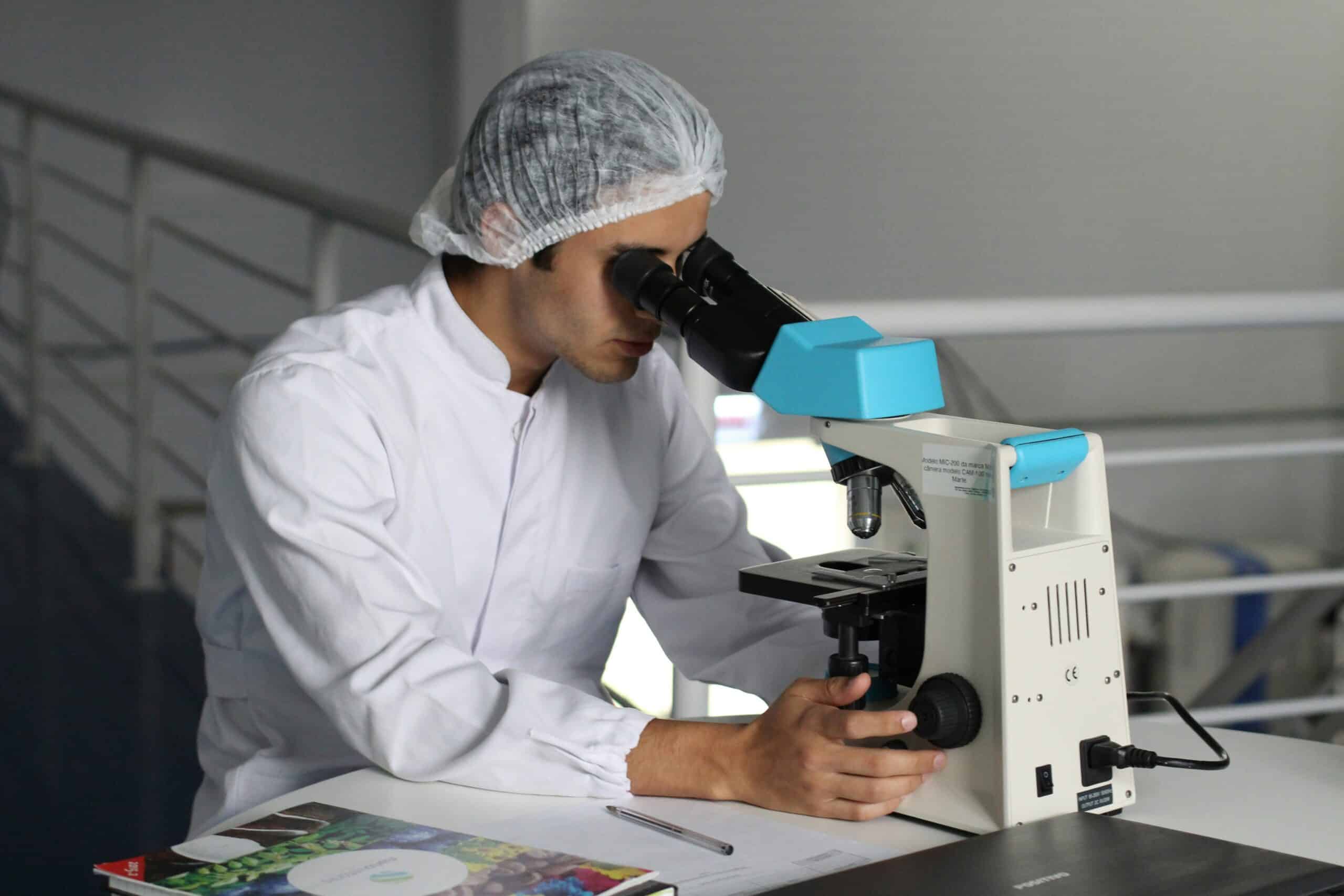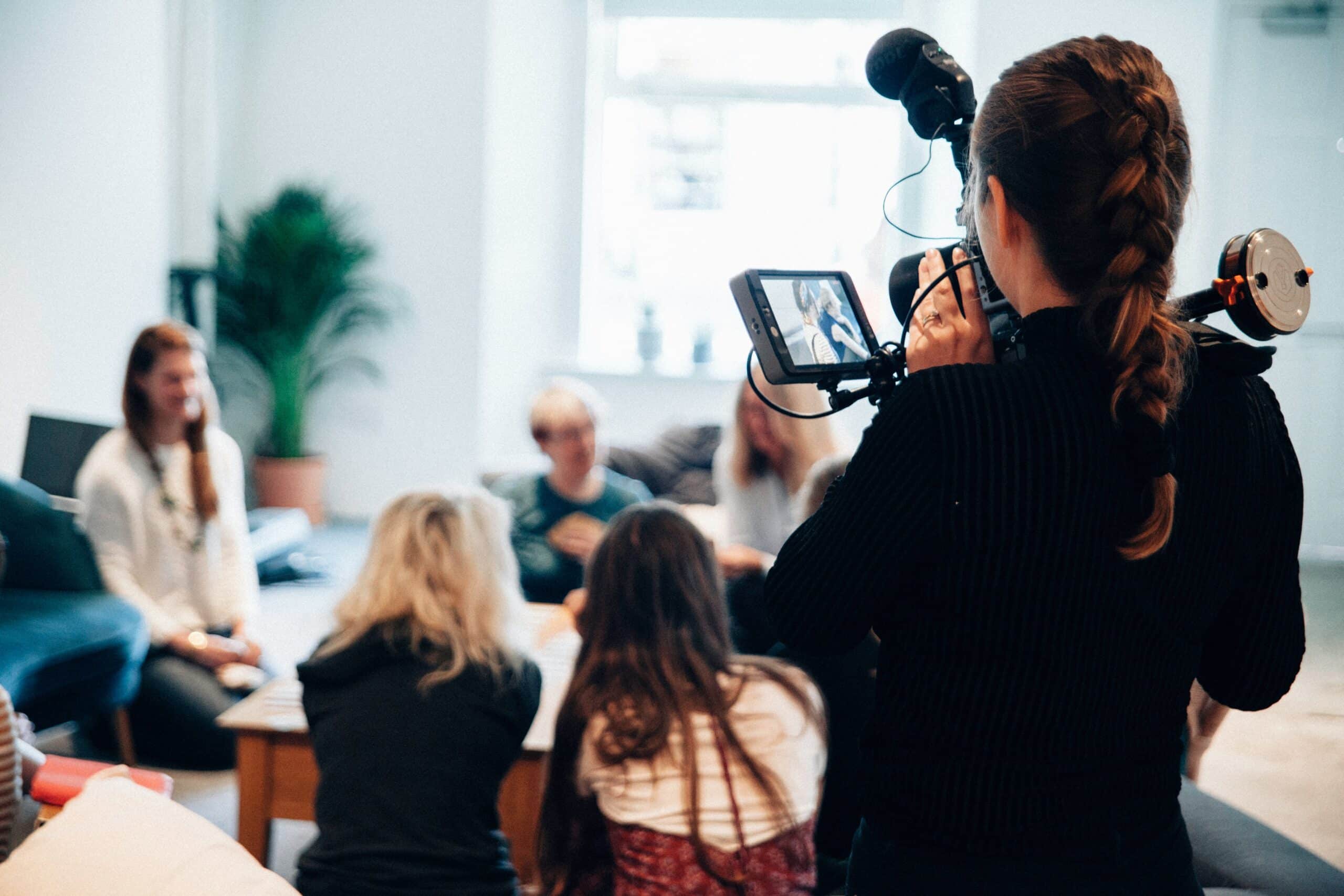
Science and Media
Supporting Scientists’ Engagement with the Media
Section 01
Survey Overview and Demographics
General Overview
Geographic Coverage: United States
Expertise:
- 29% Biology
- 14% Civil and Environmental Engineering
- 9% Geography
- 48% Public Health
Response Overview
Sample Size: 3302
Valid Responses: 508
Response Rate: 15.5
Date initial findings posted: 04.15.21
Most recent update: 04.15.21
Days survey in field: 28
Average response time: 13
Survey Demographics
Respondent Demographics:
- 40% Female
- 60% Male
- 100% Academic
- 0% Industry
Language(s): English
Section Overview
This survey, conducted by SciOPS in partnership with AAAS SciLine, covers scientists’ perspectives on science communication and media engagement. This survey aims to understand scientists’ experiences with and opinions about interacting with the news media. The survey explores scientists’ past interview experiences, the benefits, and risks of interacting with media, as well as their perspectives about media communications at their universities. This page displays results from half of the survey, you can view the rest of the survey results here.
Question
Over the last 12 months, about how many media interviews have you given? (N=495)

Finding
Over a third of scientists did not talk to the media at all, while 40% gave between 1-3 interviews over the past year.
Question
Over the last 12 months, by what methods have you been contacted for media interviews? (N=497)

Finding
According to respondents, slightly more than half (54%) were contacted directly by a news reporter and 42% were contacted by a university media relations representative.
Question
What potential benefits do you see (if any) from interacting with the media? (select all that apply) (N=497)

Finding
Scientists’ reported that the biggest benefit they saw from engaging with the media was to advance professionally within their university (88%).
This was followed by expanding the audience for their research (57%) and attracting grant funding or top talent to their research lab(48%).
Less than one-fifth (19%) of respondents indicated media interactions helped further public understanding of science.
Question
Recent reports suggest that scientific information is increasingly being politicized. To what extent does the politicization of scientific information increase or decrease your interest in engaging with the media? (N = 483)

Finding
Almost half of the scientists (47%) have lost interest in engaging with media due to the politicization of scientific information. However, slightly more than a quarter of the respondents (27%), instead, reported an increased interest in media engagement.
Question
What potential challenges do you see (if any) from interacting with the media? [select all that apply] (N=496)

Finding
Respondents stated that the greatest potential challenges from interacting with the media are inaccurate reporting or oversimplifying the information provided (71%) and being personally misquoted or having their words taken out of context (69%).
Question
What potential challenges do you see (if any)from interacting with the media? [select all that apply] (N=496)(Difference between genders)

Finding
More women than men scientists listed being put on the spot with a “gotcha” questions (38% female vs. 24% male), and appearing to be uninformed or unprepared (34% female vs. 19% male) as potential challenges. These findings were statistically significant.
Question
On a scale from one to ten, where one is low confidence and ten is high confidence, how confident are you of your ability to give a successful media interview? [scale: Not confident at all (1) – Extremely confident (10)]. (N=493)

Finding
63% of scientists reported being highly confident (being a seven or higher) while about 18% reported having lower confidence in giving a successful interview (being five or lower).
A higher proportion of men (72%) reported being highly confident (being a seven or higher) as compared to women (54%).
Question
Have you ever worked with the media or communications office or staff at your college or university on any of the following (N=496)

Finding
More than half of scientists (69%) worked with university staff on a press release about their work.
54% of the respondents notified staff of their availability to serve as an expert commentator on a topic.
More than one-third worked with university media staff on posting information to social media (37%) and to comment on a specific story that a reporter was working on (47%).

